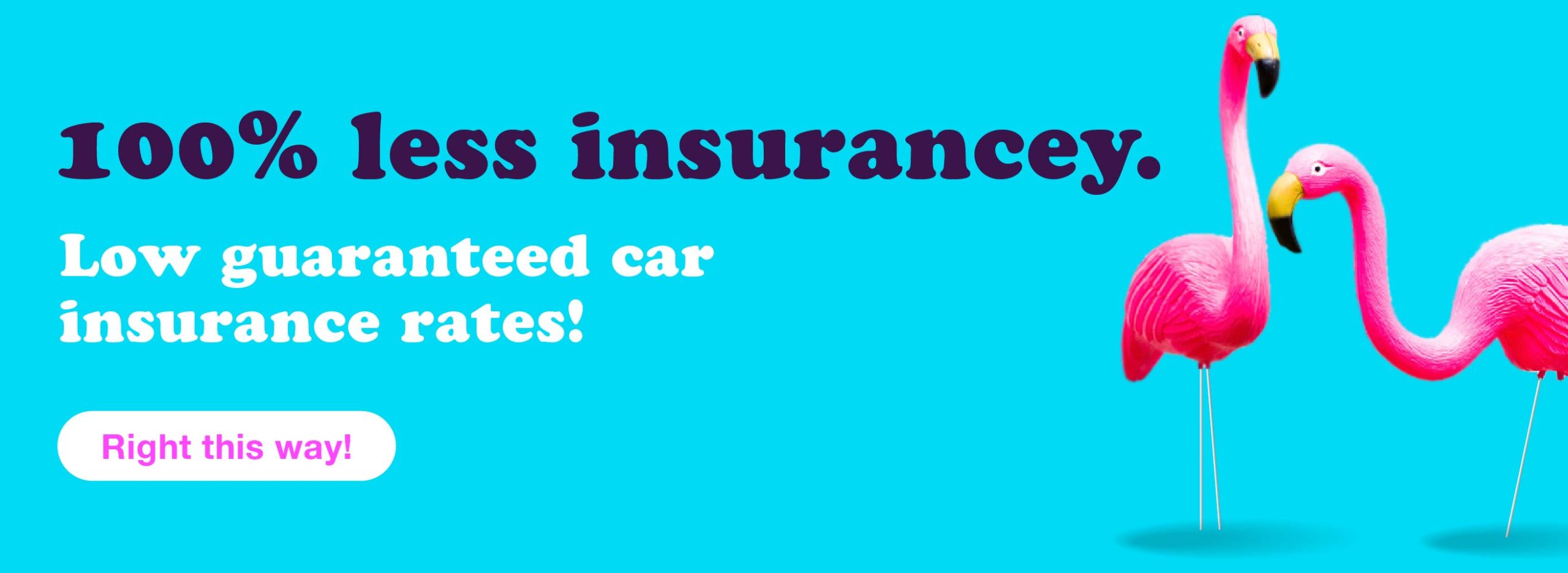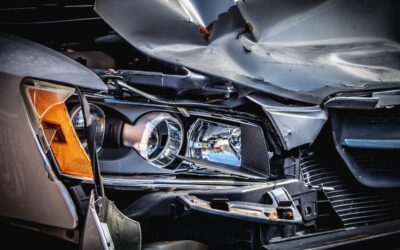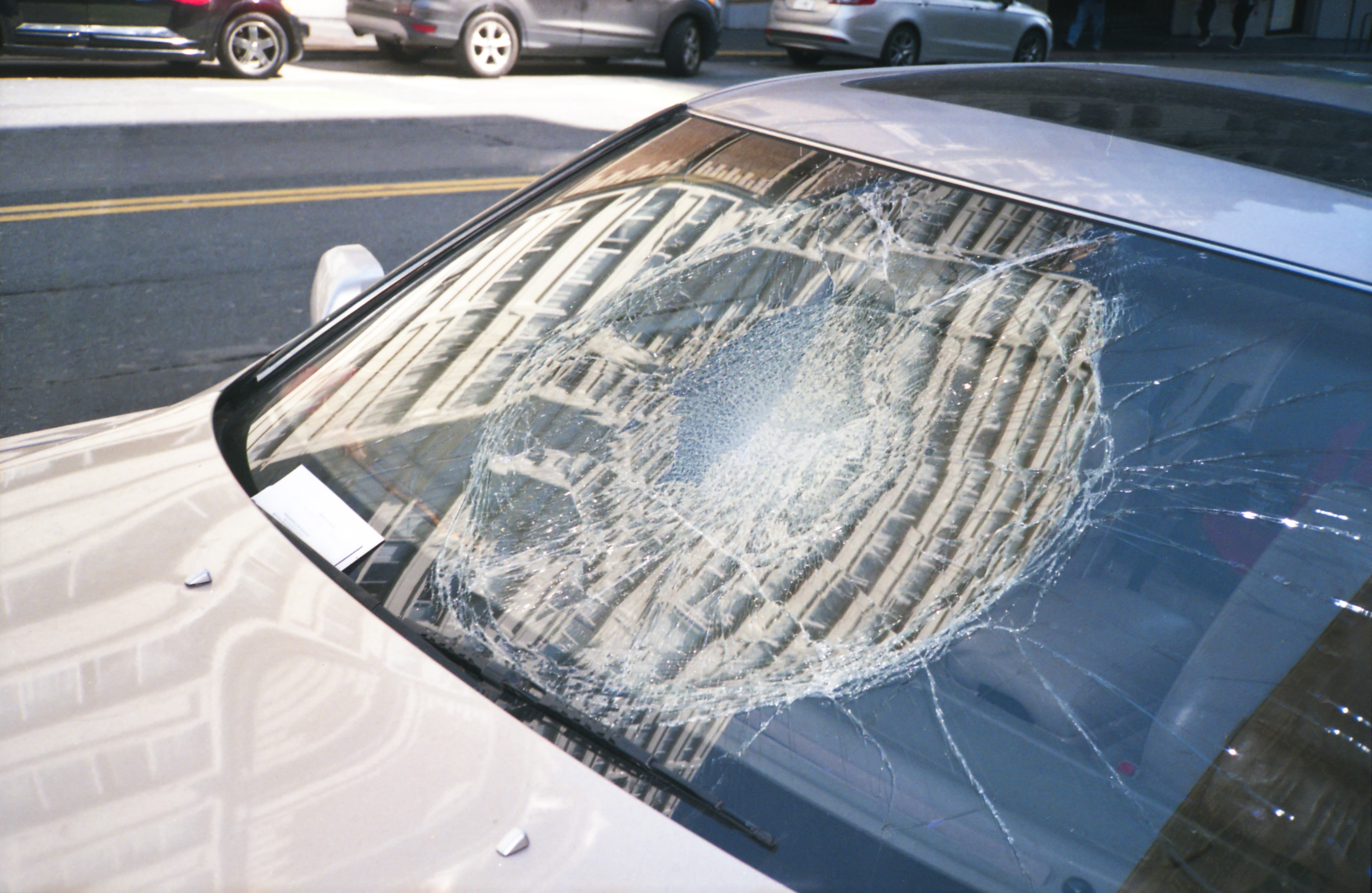You drive every day, but do you know your rights (and limits) when it comes to driving convictions in Ontario? You may know the roads inside and out, and you may have found the most efficient way to get from point A to point B, but convictions can have a big impact on your car insurance in Ontario.
You’ve never had an accident, and the only trouble you’ve had with the law was a parking ticket years ago.
Here are some facts: In Ontario, we have nearly 10,000,000 licensed drivers according to the Ontario Ministry of Transportation, and in an Ontario Road Safety report conducted years ago there were over 1,000,000 Highway Traffic Act convictions issued.
The good news is that of all the convictions, only 1.3% of them were considered Criminal—and with an increase in awareness and responsible driving, we’re optimistic this number will continue to decrease.
Let’s take a look at the three types of driving convictions in Ontario.
1- Minor driving convictions in Ontario
Minor driving convictions happen, and many of us are guilty of them at some point in our lives. You’re not going to lose your license or go to jail because of one, but there are consequences that may affect your insurance, even if a secondary driver committed them.
Minor driving convictions can include:
- Failing to signal.
- Failing to wear a seat belt.
- Failing to give way to a pedestrian.
- Speeding tickets.
- Blocking a bike lane.
- Driving with more passengers than seatbelts.
- Driving with defective brakes.
- Driving with an insecure load on your vehicle.
- Having an outdated inspection sticker.
- Not handing over your license when an officer asks for it.
- Failure to produce insurance documentation.
- Tailgating.
- Blinding other drivers with headlights (high beams).
- Driving in a bus lane if you aren’t a bus driver.
- Opening your car door unsafely (think of cyclists in particular).
- Crossing railways unsafely.
- Improperly using a divided highway (like driving on the wrong side).
- Obstructing your license plate.
- Blocking the view of other drivers on the road.
- Not stopping at stop signs.
- Creating loud, unnecessary noise.
- Driving slowly for no reason.
- Making unsafe or illegal turns.
- Using radar warning devices to evade police cars.
- Driving the wrong way on a one-way street.
Speeding tickets will affect your insurance rates and they are the most common kind of minor conviction, so keep an eye on your speedometer (and look out for speed traps)!
With more than just cars sharing the road these days, it’s important that you understand the legal consequences and abide by the rules. If you’re moving your child to university, for example, an obstructed view or an overloaded vehicle could lead to a minor driving conviction. Red light camera tickets don’t count, however, because they can’t verify the driver’s face. They just result in fines.
Next time you have the music blaring or decide to risk going the wrong way down a one-way street, bear in mind that you are, technically, committing a minor driving conviction.
P.S. You can check your driving record in Ontario if you’re not sure what’s on it.
2 – Major driving convictions in Ontario
These are the next level and encompass serious infractions like failing to report an accident or driving without insurance. Also covered are things like speeding in a school zone, or failing to stop for a school bus. Major driving convictions in Ontario are in place to protect vulnerable road users like children, so there’s no excuse for committing them.
Here’s list of major driving convictions:
- Distracted driving (often texting).
- Falsified insurance documents.
- Failure to report an accident.
- Speeding in a school zone.
- Not stopping for an emergency vehicle.
- Speeding in a construction zone.
- Passing a stopped school bus.
- Producing a fake license.
- Failing to report damage to highway property.
Just like minor driving convictions, each of the major ones can be ticketed and will become convictions unless you fight it successfully. The best advice is to obey the rules of the road and avoid the ticket altogether.
3 – Criminal driving convictions in Ontario
These are the driving convictions that will have the biggest impact on your life, and potentially on the lives of others. The most serious criminal driving convictions in Ontario include:
- Careless driving or dangerous driving.
- Driving with a suspended license.
- Vehicular manslaughter.
- Racing (speeding tickets stay on your record for a long time).
- Criminal negligence (when other charges result in loss of life).
- Fleeing the scene of an accident.
- Driving over the alcohol limit in Ontario of 0.08%.
- Refusing a breathalyzer test.
- Disobeying a police officer.
- Violating license conditions (often related to past charges).
- Stunt driving.
Any of these convictions could result in a significant fine, demerit points, and possibly even jail time. Criminal driving convictions can also land you in trouble with your car insurance company, and you can expect to pay a premium for the privilege of driving from that point onward.
Serious driving convictions in Ontario can change lives, affect careers, and lead to major problems with insurance companies. Educating yourself about all three categories helps to ensure that you maintain your clean driving record and low insurance rates.
On top of it all, being a responsible driver keeps everyone safe—it’s just the right thing to do.
Not sure how your insurance rates are affected? Get a guaranteed quote in 3 minutes to find out now.






